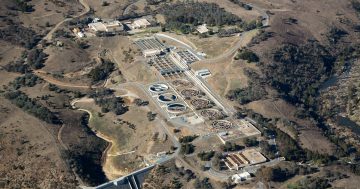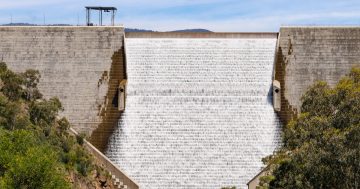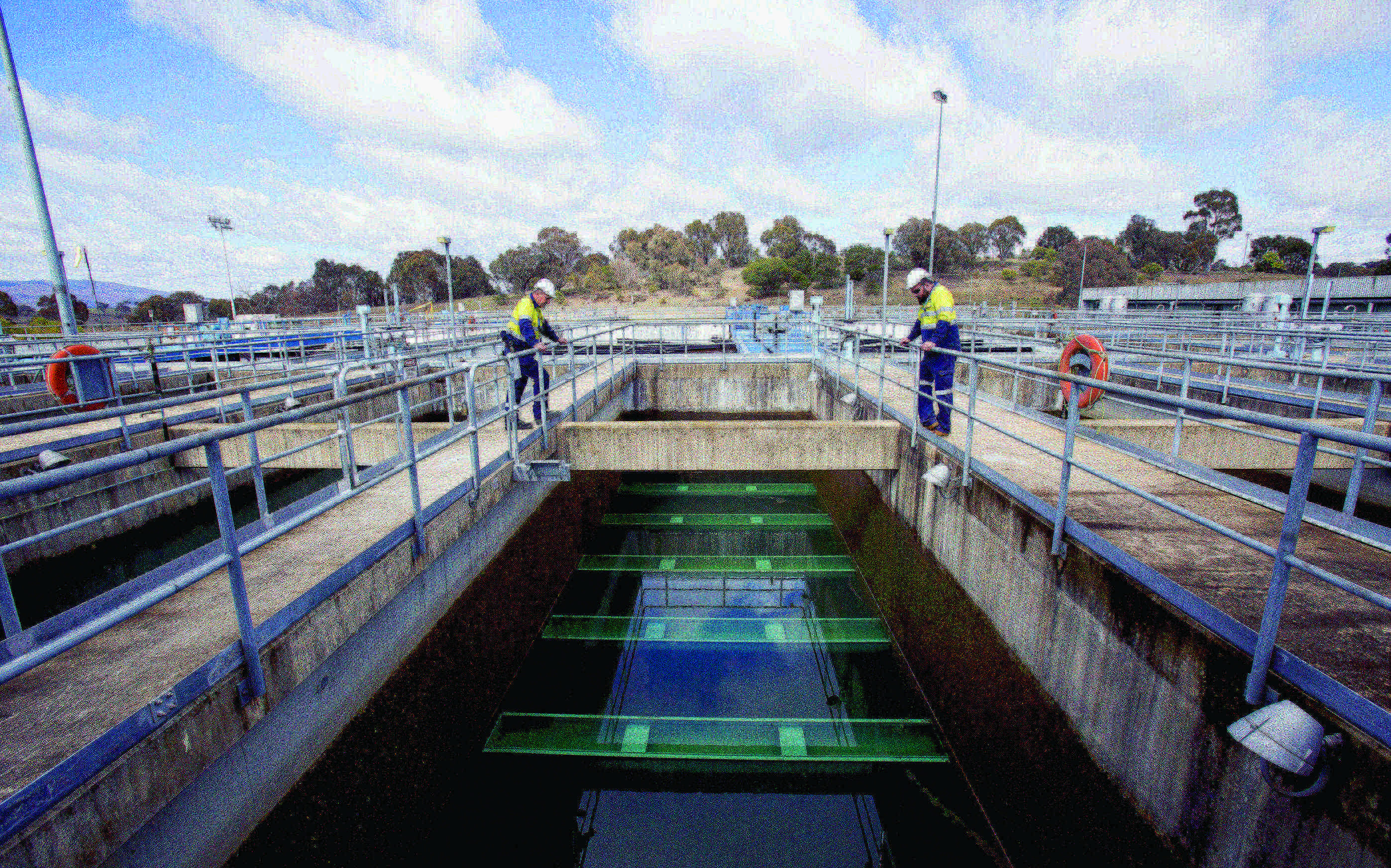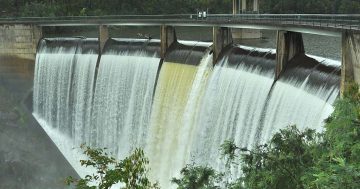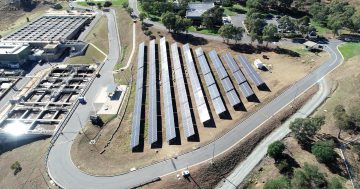The number of planned water interruptions increased in the 2022-23 reporting period due to Icon Water’s increased focus on upgrades and maintenance. Photo: Thomas Lucraft.
More than $180,000 has been returned to Canberrans’ pockets after a technical glitch in Icon Water’s system failed to recognise guaranteed service level (GSL) breaches.
The ACT Independent Competition and Regulatory Commission’s (ICRC) latest report into utility performance from 2022-23 found Icon Water did not meet the regulated GSLs 927 times – a 70.7 per cent increase from the previous year.
As a result, Icon Water paid 1483 rebates (totalling $181,340) to affected customers, mainly for failing to provide the required notice of a planned interruption to service.
A total of 633 rebates were paid for breaches in 2020-21, and 511 rebates were paid for breaches in 2021-22.
“In 2022-23, the number of rebates paid by Icon Water increased significantly after it identified a large number of previous years that had not been paid,” the report noted.
“As this was an isolated incident, it is anticipated that Icon Water’s figures will reduce in the next [report].”
Unplanned interruptions to the water supply decreased 6.6 per cent to 409. The average duration of unplanned interruptions to the network was 3.1 per cent shorter, at 131 minutes.
Unplanned interruptions to the sewage network also decreased by 16 per cent.
“Planned interruptions to water supply increased by 52 per cent, suggesting a focus to conduct preventative maintenance and upgrades,” the report noted.
“This was mainly due to an increase in the replacement of household water meters.”
An Icon Water spokesperson said it was committed to continuous improvement and minimising situations where rebates were required.
“Rebates can fluctuate year to year due to everything from weather to levels of proactive infrastructure maintenance,” they said.
“[For instances where postal notification of planned works didn’t occur], this specific issue related to our systems not being aligned to Australia Post delivery timeframes … [we have] updated the relevant processes to allow for additional time for delivery.”
Other improvements include creating an in-house call centre for faults, facilitating more timely communication and streamlining the customer experience.
The final transition is planned for later this year.
Icon Water’s spokesperson said that while the company’s performance regarding water main breaks, bursts and leaks had continued to improve over the past five years, water loss could be influenced by reservoir overflows, leaking service connections, meter reading and billing errors, meter issues and unapproved water consumption.
Water lost from the network during distribution jumped 54 per cent to 3791 megalitres.
“Icon Water takes any increase in water loss seriously and has investigation processes underway to review the complex range of factors that could be influencing performance in this area and to inform corrective action,” they said.
The ICRC report stated the “noticeable” increase in water losses over the distribution system would be closely monitored.
It stated, “Water losses add to the cost of the network, which is borne by customers, and have environmental outcomes.”
The ICRC report also contained data on electricity and gas providers.
It found customer complaints about electricity and gas fell “significantly”, and ActewAGL, in particular, had reduced its failure to meet GSLs from 229 in 2021-22 to 12 in 2022-23.
But while service connection times had improved, they were still higher than expected.
The report noted that “while Evoenergy electricity has significantly reduced its number of late connections compared to 2020-21 and 2021-22, 460 customers did not have their connections made within the required time”.
“We expect to see an improvement in connection times in the next [report].”
Planned interruptions to electricity network distribution also increased, impacting 56,227 customers. It failed to give 70 customers at least four business days’ notice. Two of those were on registered life support equipment and experienced interruptions – one for 39 minutes and one for 2 hours and 39 minutes.
The report noted that “Evoenergy says it has implemented improvements to its systems to reduce the likelihood of such a failure occurring in the future.”











